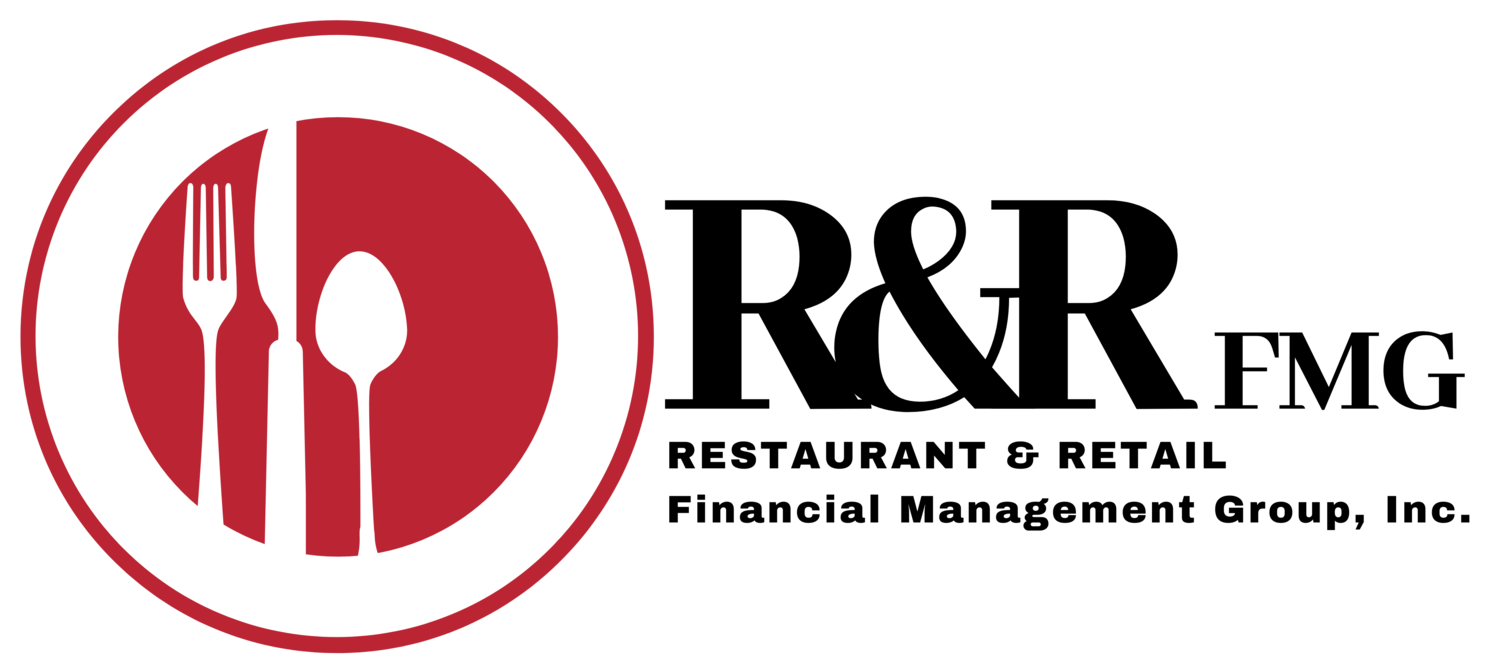
The 7 Biggest Accounting Headaches Offshoring Can Solve for Restaurant Owners
by Ariane Ramil, Virtual Client Account Director & Director of Development
Running a restaurant is already demanding—from managing front-of-house operations to maintaining food quality and customer satisfaction. Yet, for many restaurateurs, accounting and financial management become the silent drain on their time, focus, and profits.
Accounting in the restaurant industry is unique. It demands daily tracking of prime costs, real-time reconciliation, and strict compliance with payroll and tax laws. But when resources are limited and systems are fragmented, financial tasks often take a backseat—leading to costly mistakes and missed opportunities.
Offshoring accounting tasks to skilled professionals in the Philippines offers a powerful solution. By partnering with teams who understand restaurant accounting, owners can focus on what they do best—serving guests and growing their brand. Here are seven of the biggest accounting headaches that outsourcing can eliminate.
1. Managing Prime Costs (COGS and Labor)

Prime costs—Cost of Goods Sold (COGS) and labor—can eat up 60–70% of a restaurant’s revenue. Small fluctuations in food prices or overtime can drastically impact profitability. Yet, many restaurants struggle to track these costs in real time.
How offshoring helps:
An outsourced accounting team can monitor prime costs daily or weekly, providing timely reports and trend analysis. They can flag anomalies—like rising food costs or scheduling inefficiencies—before they spiral into losses. The result is more control over margins and faster decision-making.
2. Reconciling Disconnected Systems
Many restaurants use multiple systems—POS, accounting software, scheduling apps, delivery platforms, and inventory tools. When these systems don’t integrate well, manually reconciling reports becomes a tedious and error-prone task.
How offshoring helps:
Skilled offshore accountants are experienced in syncing data from various systems (Toast, Square, QuickBooks, Restaurant365, Ottimate, etc.). They ensure seamless data consolidation, automate recurring entries, and reconcile discrepancies—saving hours of administrative time each week.

3. Payroll, Tips, and Labor Compliance

From hourly wages and overtime calculations to tip reporting and benefits, restaurant payroll is complex. Mistakes can lead to employee dissatisfaction, legal issues, and penalties from tax authorities.
How offshoring helps:
Outsourced teams are trained to handle U.S. payroll standards. They ensure compliance with labor laws, calculate tips correctly, and manage withholdings and filings on time. With streamlined payroll processes, restaurants reduce liability and boost employee trust.
4. Invoice and Vendor Management
Late vendor payments can strain relationships and affect supply. But managing dozens of weekly invoices from food, beverage, and service vendors is overwhelming—especially without a dedicated accounting staff.
How offshoring helps:
Your offshore accounting partner can take over accounts payable, ensure timely invoice processing, flag inconsistencies, and even manage vendor communication. With a clear AP workflow and accurate aging reports, you avoid late fees and strengthen supplier trust.

5. Daily Sales and Deposit Reconciliation

Restaurants typically receive a mix of cash, credit card, third-party delivery, and gift card payments—each with its own settlement process. When sales data isn't reconciled daily, discrepancies pile up and correcting them becomes time-consuming.
How offshoring helps:
A dedicated offshore team can reconcile daily sales with POS reports and bank deposits, ensuring all income is properly recorded and discrepancies are flagged immediately. This builds financial accuracy and helps detect theft or payment issues early.
6. Inventory Valuation and Shrinkage Monitoring
Inventory is a major cost center for restaurants. Without regular tracking and valuation, shrinkage (waste, spoilage, theft) goes unnoticed, and financial reports become unreliable.
How offshoring helps:
Outsourced accountants can work with your team to implement inventory tracking systems, perform regular valuations, and tie inventory levels to sales trends. This gives you clearer visibility into your actual food cost—and helps minimize waste.

7. Cash Flow Forecasting and Budgeting

Cash flow is the lifeblood of any restaurant. But many operators struggle to anticipate upcoming shortfalls or plan for seasonal fluctuations, leading to panic-mode borrowing or missed growth opportunities.
How offshoring helps:
Your offshore team can build rolling cash flow forecasts and budgets tailored to your restaurant's seasonality and cost structure. They'll track actuals vs. budget, highlight cash crunch risks, and help you plan for future investments like expansion, renovations, or equipment upgrades.
The Real ROI: Focus, Profitability, and Peace of Mind
Offshoring doesn’t just mean cost savings—it means gaining a team of professionals who understand the nuances of restaurant accounting. Philippine-based accounting firms bring a strong grasp of U.S. financial standards, fluency in English, and hospitality-industry expertise.
With time zones aligned to offer overnight processing and support, you wake up each morning with up-to-date books, reconciled reports, and fewer financial fires to put out.

Final Thoughts
The accounting side of restaurant ownership shouldn’t be a source of daily stress. Whether you’re a single-location operator or managing a growing chain, offshoring your accounting to a specialized team in the Philippines can transform your financial operations—boosting clarity, compliance, and control.
So, if you’re ready to stop chasing receipts and start making smarter business decisions, it may be time to outsource. The right team can take the numbers off your plate—so you can focus on what truly matters: your customers, your staff, and your success.
For more information, please fill out the form below. We’ll circle back with you shortly to discuss your requirements in further detail.

We’d love to Meet You In Person Or Via The Web!
If you have any questions, or just want to learn more about how our services can contribute to your operation’s success, please fill out the form and we’ll respond as soon as we can. Alternatively, call us directly at (818) 888-9579.
Final Thoughts
The accounting side of restaurant ownership shouldn't be a source of daily stress. Whether you're a single-location operator or managing a growing chain, offshoring your accounting to a specialized team in the Philippines can transform your financial operations—boosting clarity, compliance, and control.
So, if you're ready to stop chasing receipts and start making smarter business decisions, it may be time to outsource. The right team can take the numbers off your plate—so you can focus on what truly matters: your customers, your staff, and your success.
